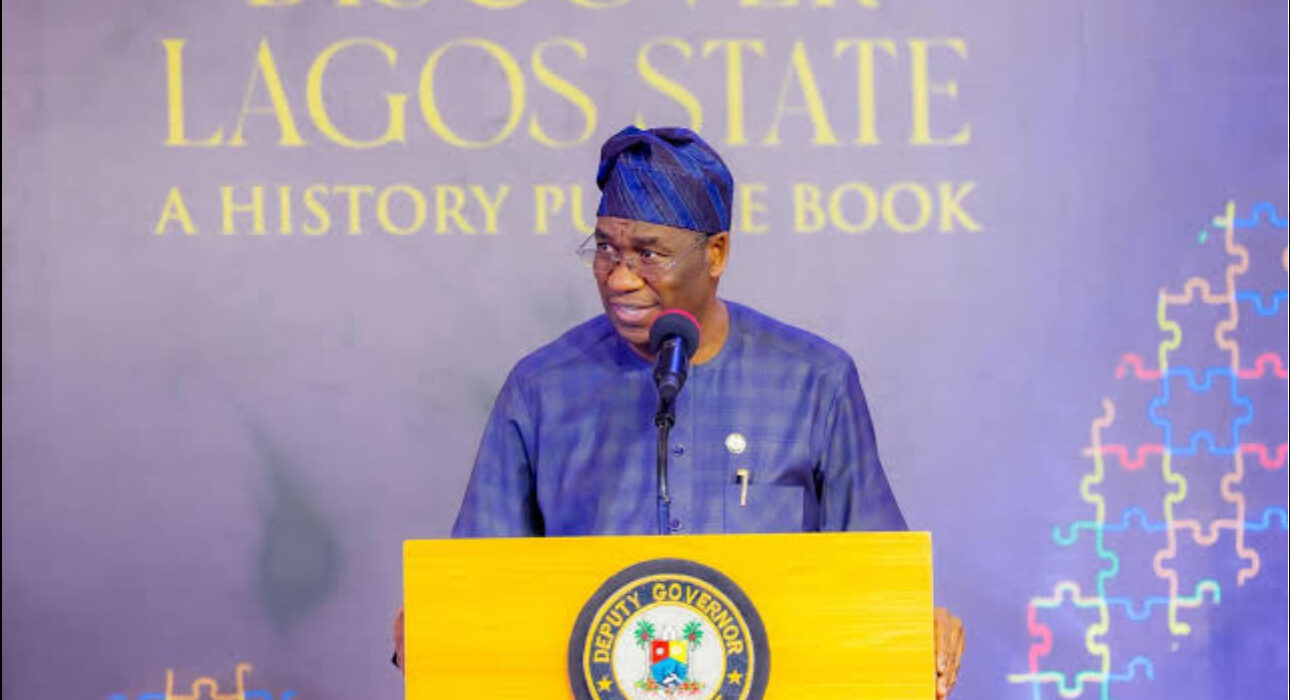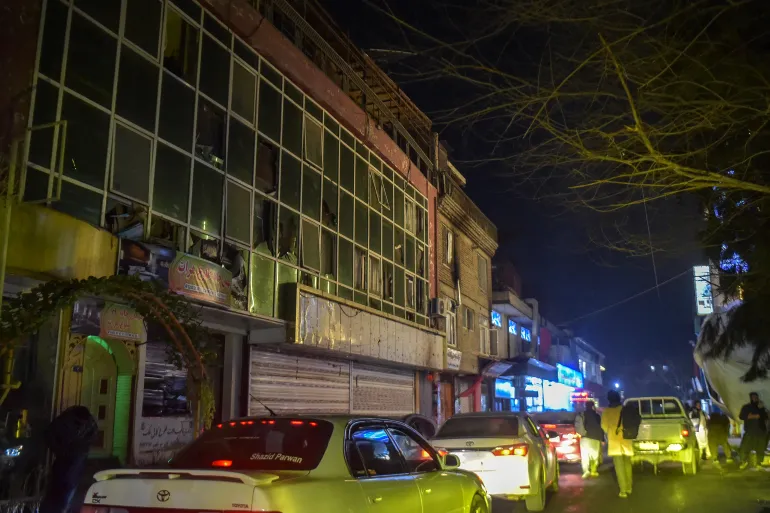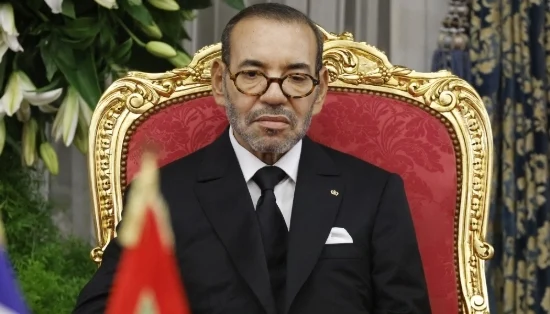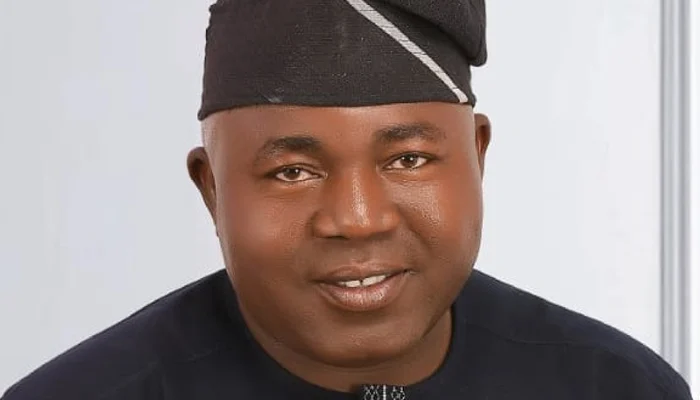Minister of Education Says Tinubu Saved Nigeria from Bankruptcy, Carpets Critics “Blind” to Progress

Minister of Education, Dr. Tunji Alausa, has come under public spotlight following his firm defence of President Bola Tinubu’s economic policies.
Speaking during a recent interview on Channels Television, Dr. Alausa claimed that the president “saved” Nigeria from bankruptcy, accusing critics of being blind to the country’s ongoing recovery.
According to the minister, Nigeria was on the brink of economic collapse when Tinubu assumed office in May 2023. He pointed to the removal of fuel subsidies and the unification of the foreign exchange rate as bold but necessary measures that helped to stabilize public finances.
“With all due respect, the country was on the verge of bankruptcy. This president literally saved this country,” Alausa said.
He explained that the previous subsidy regime was costing Nigeria approximately $1.2 billion monthly on fuel and an additional $500 million on foreign exchange. These expenditures, he said, were being financed by borrowing, which had pushed the nation’s debt profile to unsustainable levels.
Defending the administration’s policies, the minister declared that macroeconomic indicators had significantly improved since the reforms were implemented. He cited increased investor confidence, improved fiscal discipline, and steps towards long-term economic stability. He further asserted that the country is now “better, safer and more prosperous.”
However, it was his sharp criticism of Nigerians who are dissatisfied with the Tinubu administration that sparked the most debate.
“People are just blind. The country is much better. Our macroeconomic indicators are much better. There’s better investor confidence. There’s more prosperity in the land. There’s more safety,” Alausa insisted.
The comment has generated widespread reactions, with many Nigerians on social media expressing frustration. Critics argue that while some fiscal indicators may have improved on paper, the impact on ordinary citizens has been harsh. Rising inflation, the weakening naira, and high food and fuel prices have made daily life increasingly difficult for millions.
Economists and civil society groups have also expressed concern that the administration’s reforms, though well-intentioned, are yet to deliver meaningful relief to the poor and vulnerable. Some have described Alausa’s remarks as insensitive, suggesting that dismissing public hardship as “blindness” reflects a growing disconnect between government officials and citizens.
Meanwhile, supporters of the administration have praised Alausa for speaking boldly about the difficult choices Tinubu had to make to prevent a full-blown fiscal crisis. They maintain that short-term pains are necessary for long-term stability and growth.
The debate continues as Nigeria grapples with the challenges of implementing structural reforms while balancing public expectations in a tough economic climate.









